13 Music Legends Who Regretted Their Biggest Hits

Some songs become so iconic that they practically define an artist’s entire career. But fame doesn’t always come without friction. Many musicians have a complicated relationship with the tracks that propelled them into the spotlight, especially when those hits overshadow their broader work—or were never meant to represent them in the first place.
1. Kurt Cobain – “Smells Like Teen Spirit”
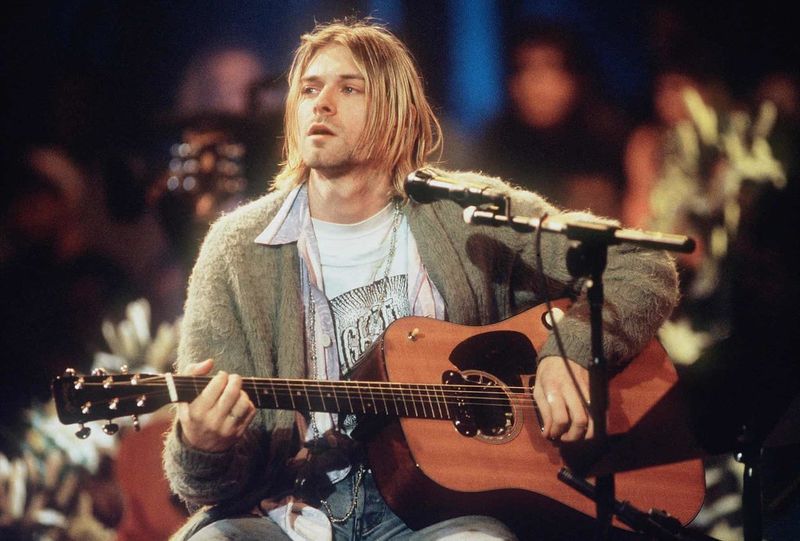
Despite being Nirvana’s breakout anthem, this track quickly became a source of discomfort for Kurt Cobain. He was frustrated that it overshadowed the band’s deeper and more personal songs, reducing them in the public eye to a single grunge stereotype.
Cobain often criticized the song’s sudden fame and formulaic structure, and he grew increasingly tired of playing it during live performances. He even described it as a “sell-out” moment that alienated him from his creative vision. Fans loved it, but for Cobain, “Smells Like Teen Spirit” was a symbol of losing control over his music.
2. Madonna – “Like a Virgin”

The cultural impact of this 1984 classic was massive, but Madonna didn’t exactly cherish the attention it brought. Over time, she’s expressed frustration that the song became an unshakable part of her identity, often obscuring her more mature or innovative work.
Although it made her a household name, she grew tired of performing it and even felt pigeonholed by the media’s obsession with its provocative image. In interviews, she’s acknowledged the hit was important—but not necessarily something she wanted following her forever. For Madonna, “Like a Virgin” became a blessing with a long shadow.
3. Radiohead – “Creep”

What started as a moody debut single turned into an albatross for Radiohead. Thom Yorke and the band were quickly boxed in by the song’s gloomy tone, which clashed with the more experimental direction they wanted to explore.
Yorke especially resented how fans demanded it at every show, often ignoring the rest of their catalog. The band even stopped performing it for years, calling it a distraction from their artistic evolution. Despite its enduring popularity, “Creep” became a song they couldn’t shake—but didn’t want to claim. For Radiohead, success came with strings attached.
4. Led Zeppelin – “Stairway to Heaven”
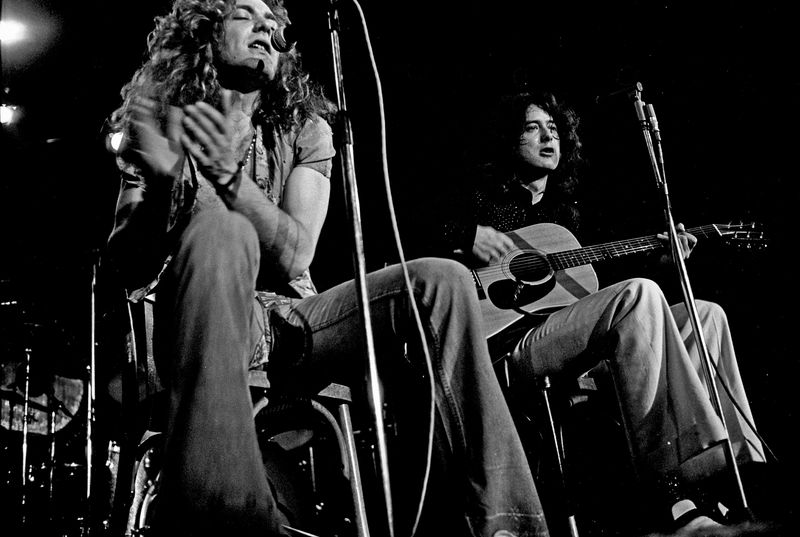
Arguably one of the most famous rock songs in history, this track hasn’t aged well in Robert Plant’s eyes. He’s openly mocked the lyrics, calling them “a bit of a wedding song” and expressing embarrassment about their whimsical tone.
Though beloved by fans, Plant found the song too bloated and overplayed. He even donated $10,000 to a radio station on the condition they never play it again. While “Stairway to Heaven” made Zeppelin legendary, it also haunted them, especially Plant, who longed to be recognized for more than one mystical ballad.
5. Frank Sinatra – “Strangers in the Night”
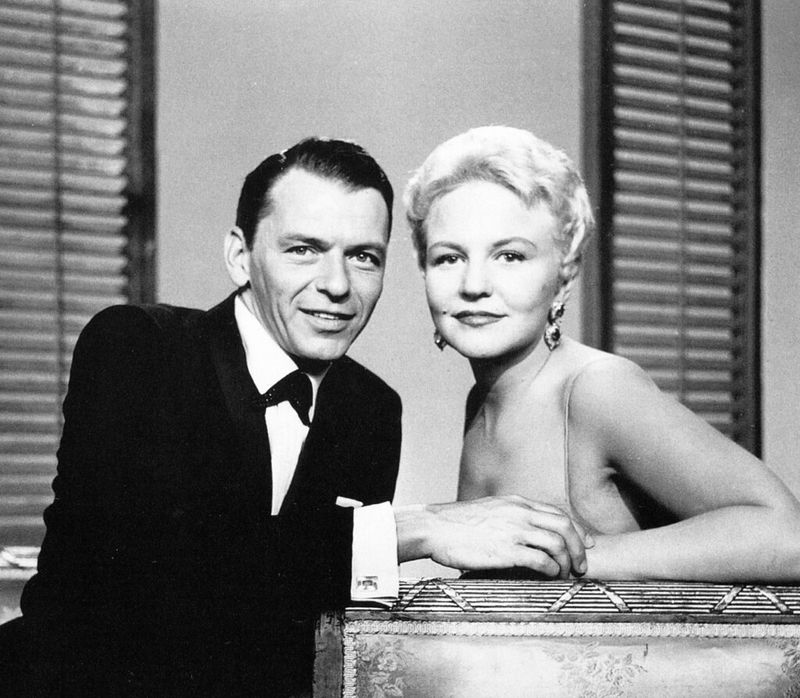
One might expect Frank Sinatra to hold this chart-topping hit close to his heart, but he famously hated it. He called it “a piece of sh*t” and never warmed up to its syrupy melody or simplistic lyrics, even while performing it.
The irony is that the song won multiple Grammys and revived his career at a time when he needed a boost. Despite that, Sinatra barely tolerated singing it live and frequently made sarcastic comments about it on stage. For Ol’ Blue Eyes, “Strangers in the Night” was a commercial success he’d rather forget.
6. Beastie Boys – “(You Gotta) Fight For Your Right (To Party!)”

What was intended as satire became one of the most misunderstood party anthems of the ’80s. The Beastie Boys wrote it to mock frat culture, but it ended up being embraced by the very crowd they were critiquing.
This disconnect made them uncomfortable, especially as their music evolved into something more thoughtful and experimental. They later distanced themselves from the song, with members admitting they were embarrassed by its legacy. Even though it brought them fame, “Fight for Your Right” became a misinterpreted joke that wouldn’t die.
7. James Blunt – “You’re Beautiful”

Few songs defined the mid-2000s like this one, but even James Blunt has admitted it overstayed its welcome. He’s joked that the track became annoying—especially since it was played “to death” on the radio.
Blunt grew weary of being seen as a one-hit-wonder with a soft, sappy sound, which didn’t reflect the range of his songwriting. He once publicly apologized for inflicting the song on the world. Though “You’re Beautiful” made him rich and famous, it also boxed him into an image he’s spent years trying to shed.
8. Bruce Springsteen – “Born in the U.S.A.”
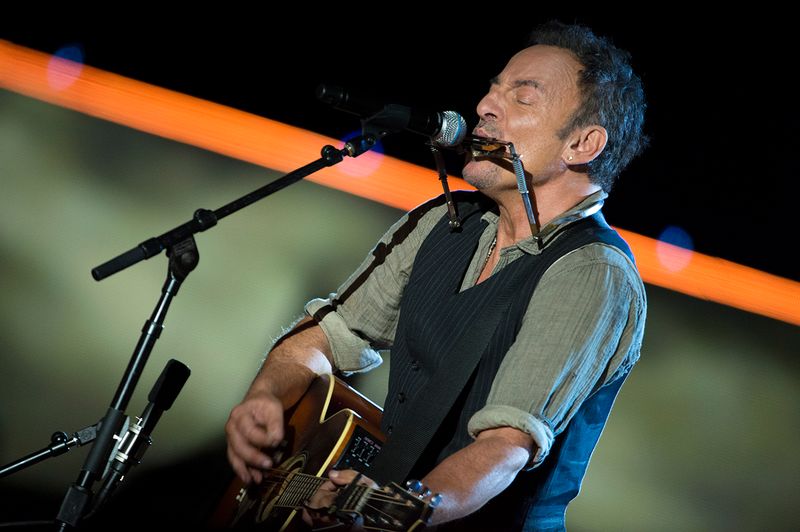
It may sound like a patriotic anthem, but this 1984 hit was meant as a scathing critique of how the U.S. treated Vietnam veterans. Springsteen has long been frustrated by how the song was misinterpreted—especially when politicians tried to use it at rallies.
The bombastic chorus masked the tragic lyrics, and its popularity turned it into something it was never meant to be. Springsteen has performed it acoustically in later years to highlight its true message. For The Boss, the song’s massive success came at the cost of its intended meaning.
9. Lorde – “Royals”

Written when she was just 16, this breakout single shot Lorde into global stardom. But with age and perspective, she’s become less fond of the lyrics, calling them a reflection of teenage naivety.
She has said the song feels distant from who she is today and admitted she struggles to connect with it on stage. While grateful for its role in launching her career, she’s also expressed discomfort over how it became her defining moment. For Lorde, “Royals” feels more like a yearbook quote than a timeless anthem.
10. R.E.M. – “Shiny Happy People”
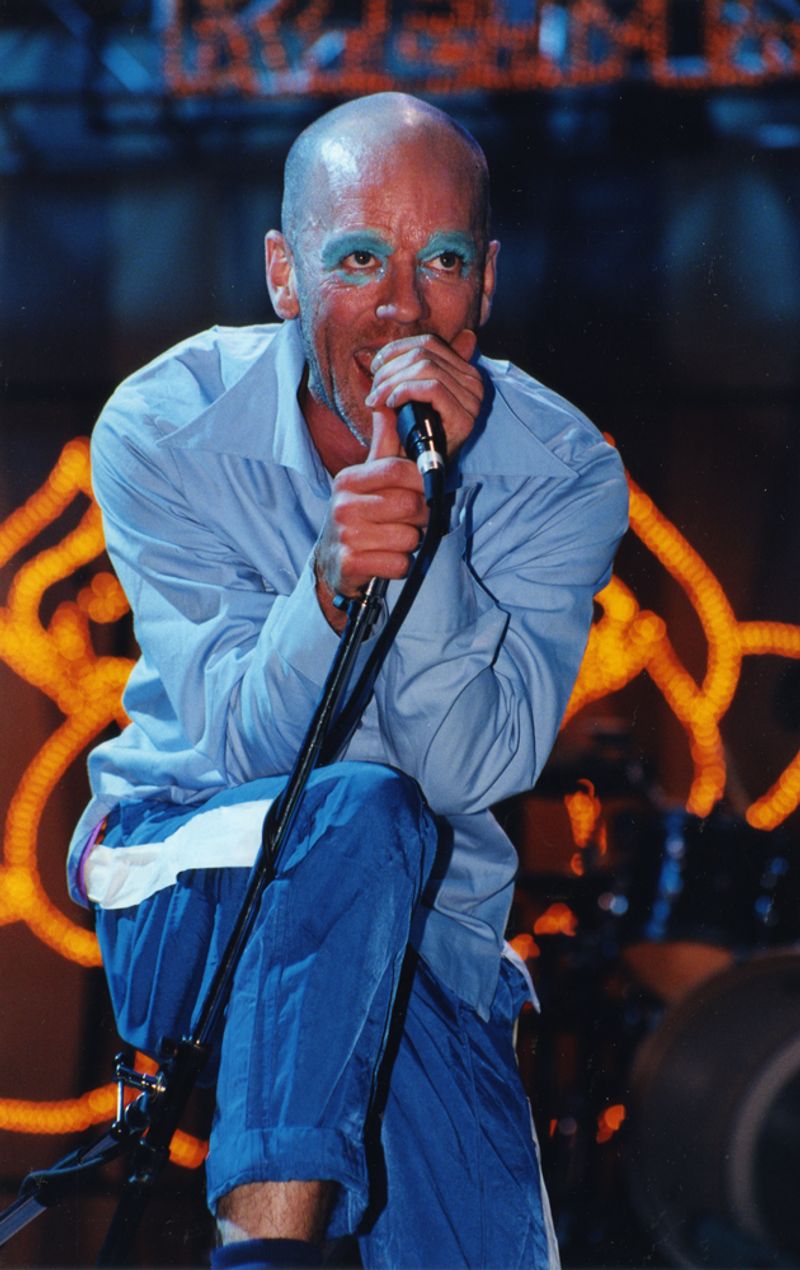
This sugary-sweet song has baffled fans and critics alike, but R.E.M. always intended it as ironic. Unfortunately, the joke didn’t land with everyone, and the band quickly became embarrassed by the track’s upbeat, singalong vibe.
Michael Stipe has called it “a fruity pop song” and admitted he regretted releasing it as a single. While it did well commercially, it never fit with the band’s more introspective style. Over time, “Shiny Happy People” became something of an inside joke the band would rather leave in the past.
11. Elton John – “Crocodile Rock”

Often seen as one of Elton John’s most lighthearted hits, this 1972 track was actually written as a parody of early rock ’n’ roll. Elton himself has said he doesn’t enjoy performing it and considers it musically “disposable.”
He’s acknowledged that the song lacks the emotional depth of his later work and has referred to it as something he wrote just for fun. Despite its popularity, he’s clearly more proud of songs with stronger meaning. “Crocodile Rock” might get the crowd going, but Elton sees it as fluff.
12. Oasis – “Wonderwall”

Even Noel Gallagher, the man who wrote it, has admitted he finds the song grating. Though “Wonderwall” became a defining hit for Oasis, its sheer ubiquity led to burnout—for both the band and their fans.
Noel has mocked it in interviews and expressed frustration that it overshadowed their deeper, more creative catalog. He even once said he’d never play it again if given the chance. For all its success, “Wonderwall” became the track that Oasis couldn’t escape—whether they liked it or not.
13. The Rolling Stones – “(I Can’t Get No) Satisfaction”
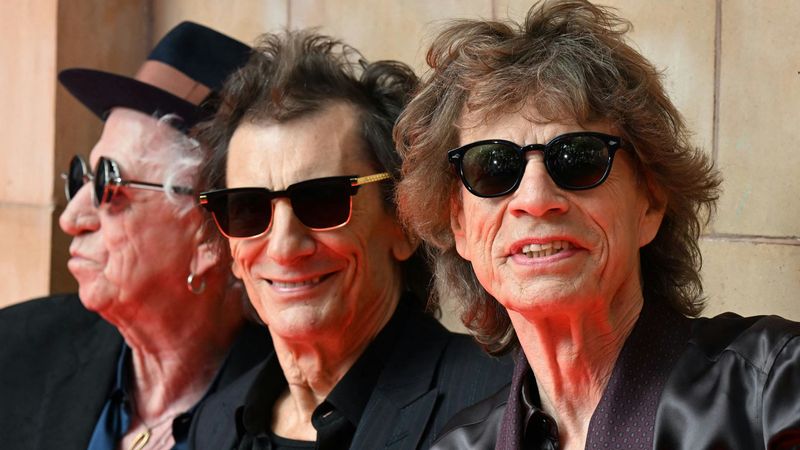
It may be a rock staple, but Keith Richards was never happy with how the song turned out. He originally envisioned a slower, bluesier feel, but the final version was more aggressive and radio-friendly.
Although the song catapulted The Rolling Stones into superstardom, Richards felt it lacked nuance and resented how much attention it received. He’s called it “a high-pitched piece of crap” and joked about trying to forget it ever happened. Despite that, fans still scream for it, proving that regret and popularity often go hand in hand.

Comments
Loading…